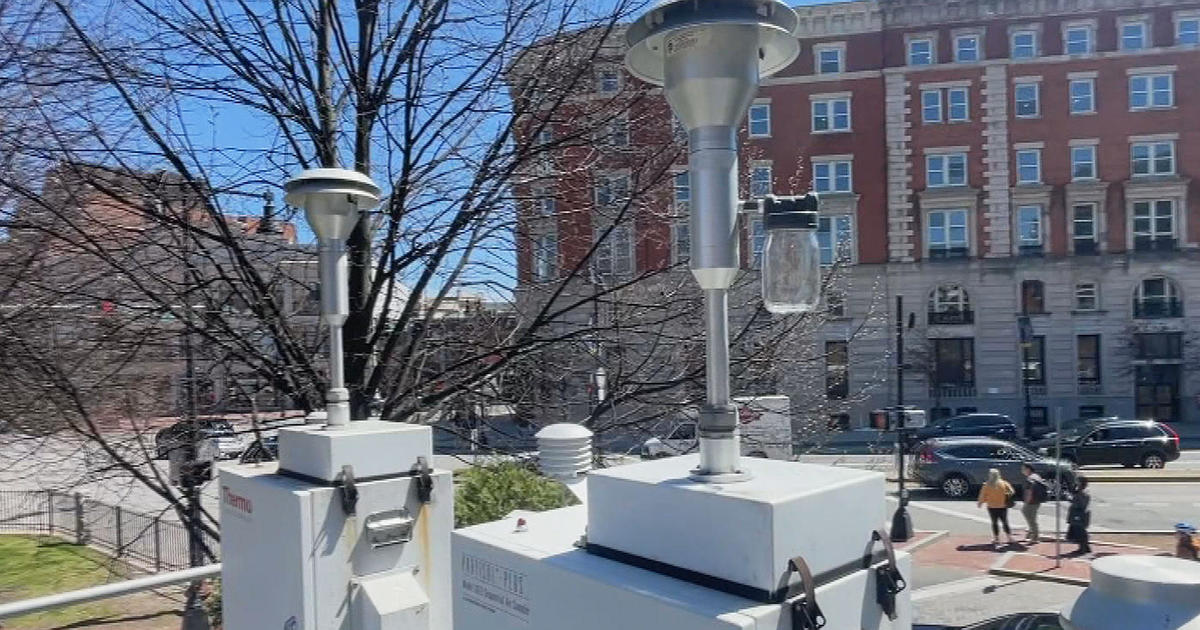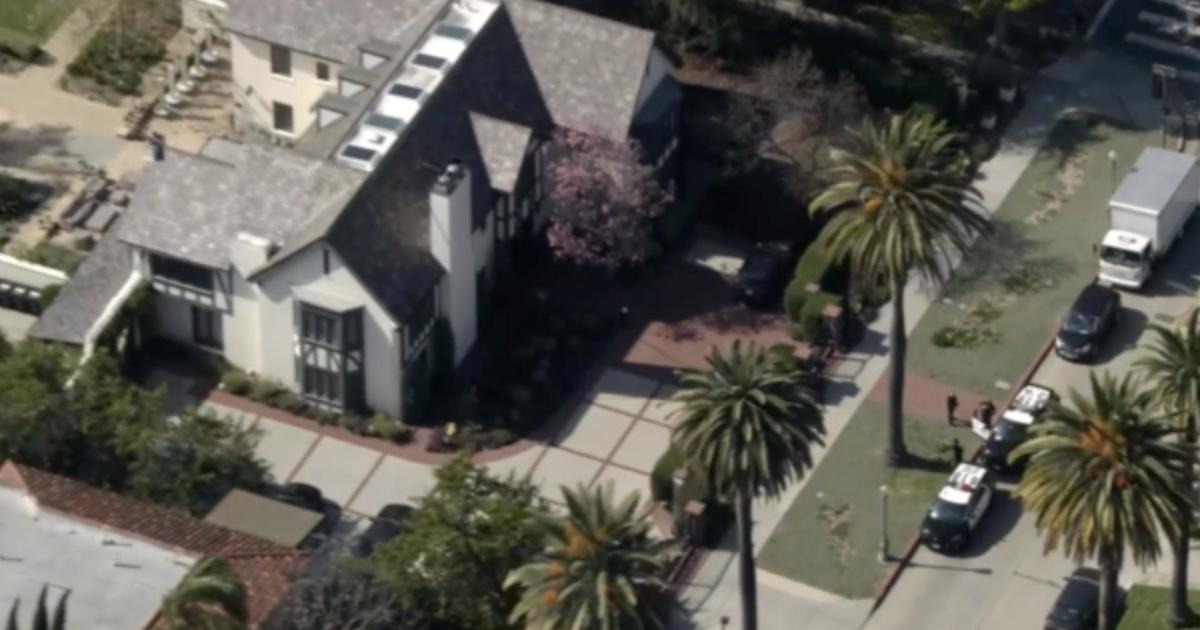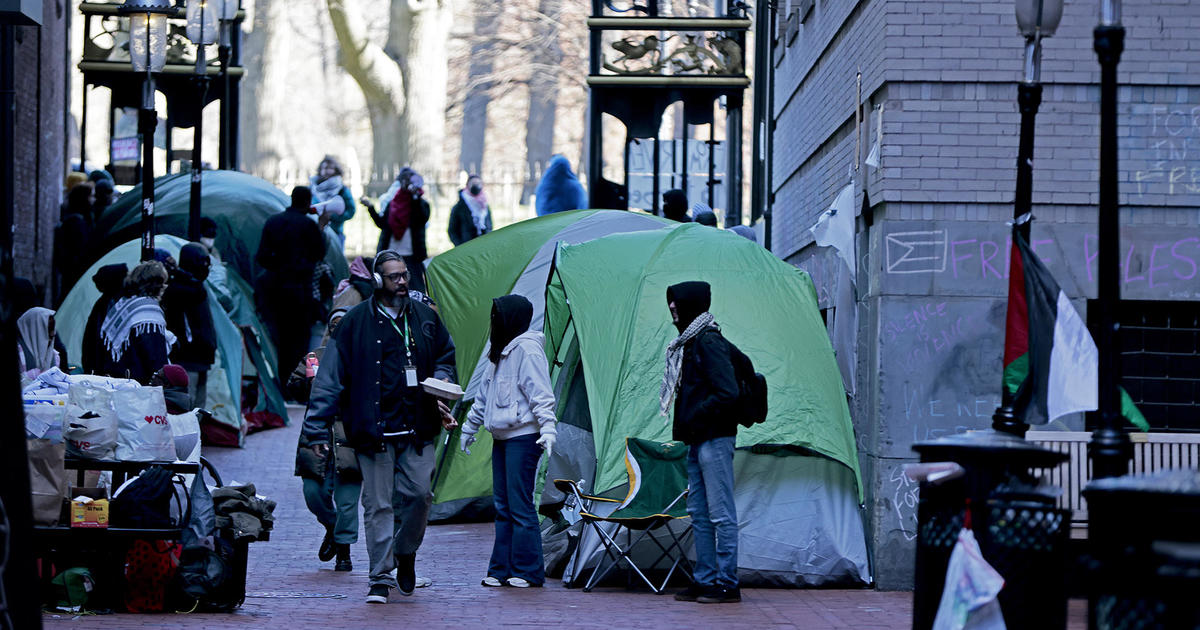Michelle Wu And Annissa Essaibi George Advance In Boston Mayor's Race To November Election
BOSTON (CBS/AP) — Michelle Wu was the top vote-getter in a runoff election for the next mayor of Boston, with fellow city councilor Annissa Essaibi George finishing second to become her opponent in the November 2 election.
Wu maintained a consistent large lead in Tuesday's preliminary balloting as the vote counting went well into Wednesday morning.
Check: Boston Preliminary Election Results
As of 10 a.m. Wednesday, the Associated Press called the race as unofficial results from the city's website showed 100-percent of precincts reporting. Wu had 33.36 percent of the vote and city councilor Essaibi George was second with 22.48 percent.
City councilor Andrea Campbell was third with 19.72 percent, just ahead of Acting Mayor Kim Janey who finished fourth with 19.47 percent. Janey and Campbell both conceded late Tuesday night.
"The race is over," Essaibi George told WBZ-TV Wednesday morning. "We're confident in these results. We're confident in our finish in this race and we're excited to participate in this next half of this campaign."
Read: Keller @ Large: What To Expect From Wu, Essaibi George Race
All four are candidates of color, as is John Barros, Boston's former economic development chief and the only man in contention. Barros trailed well behind the four women with just 3 percent.
History has already been made in a city that has never elected a woman, Black resident or Asian American as mayor. For the past 200 years, the office has been held by white men.
"This is a moment in Boston where we are facing big challenges. I'm running for mayor to tackle big challenges with bold solutions that include everyone. So I know what's possible," Wu told reporters at the Forest Hills MBTA stop Wednesday morning.
Essaibi George said Tuesday night she'd won enough support to challenge Wu in November.
"Excited to be here today and certainly continue my work right now in my capacity as an at-large city councilor, but looking forward to this next six weeks, this work around the campaign. I'm looking forward to leading this city," she told reporters while greeting voters at a diner in the South End Wednesday morning.
Watch: Keller @ Large: What Went Wrong For Kim Janey?
Earlier this year, Janey became the first Black Bostonian and first woman to occupy the city's top office in an acting capacity after former Mayor Marty Walsh stepped down to become President Joe Biden's labor secretary.
"I want to congratulate Michelle Wu and Annissa Essaibi George on their victories this evening," Janey said in a statement Tuesday night. "This was a spirited and historic race, and I wish them both luck in the final election."
There had been an effort among some leaders in the Black community to rally around a single candidate to ensure that at least one Black mayoral hopeful could claim one of the two top slots.
All of the candidates are Democrats. Mayoral races in Boston do not include party primaries.
The candidates hail from a range of backgrounds. Wu's parents immigrated to the United States from Taiwan. Janey and Campbell are Black. Essaibi George describes herself as a first-generation Arab-Polish American. Barros is of Cape Verdean descent.
Wu was elected to the Boston City Council in 2013 at age 28, becoming the first Asian-American woman to serve on the council. In 2016, she was elected city council president by her colleagues in a unanimous vote, becoming the first woman of color to serve as president.
Essaibi George won a series of key endorsements during the race including from unions representing firefighters, nurses and emergency medical technicians. She also won the backing of former Boston Police Commissioner William Gross.
Essaibi George grew up in Dorchester and taught in the Boston Public Schools. She was elected to the city council in 2015. Her father immigrated to the United States from Tunisia in 1972. Her mother was born in a displaced persons' camp in Germany of Polish parents.
The November contest could also be a test of whether voters in a city long dominated by parochial neighborhood and ethnic politics are ready to tap someone like Wu, who grew up in Chicago.
Wu moved to Boston to attend Harvard University and Harvard Law School and studied under U.S. Sen. Elizabeth Warren, then a law professor. She's the only candidate not born in Boston.
(© Copyright 2021 CBS Broadcasting Inc. All Rights Reserved. The Associated Press's Steve LeBlanc contributed to this report.)



